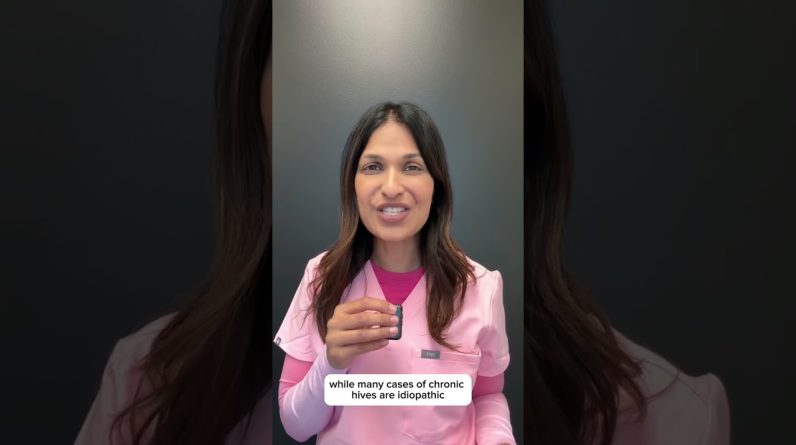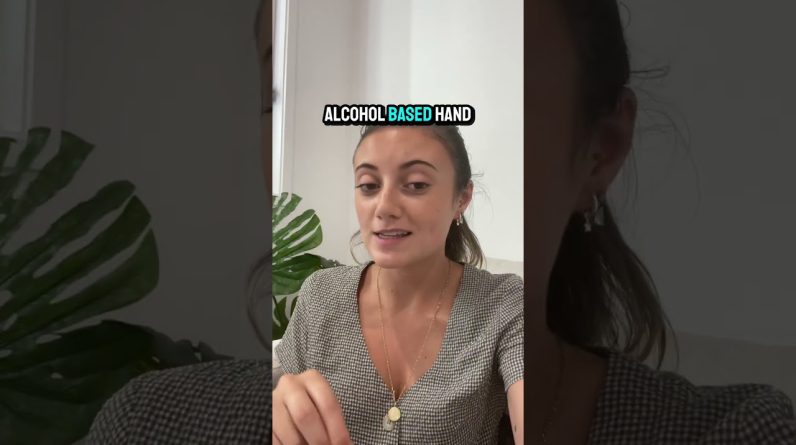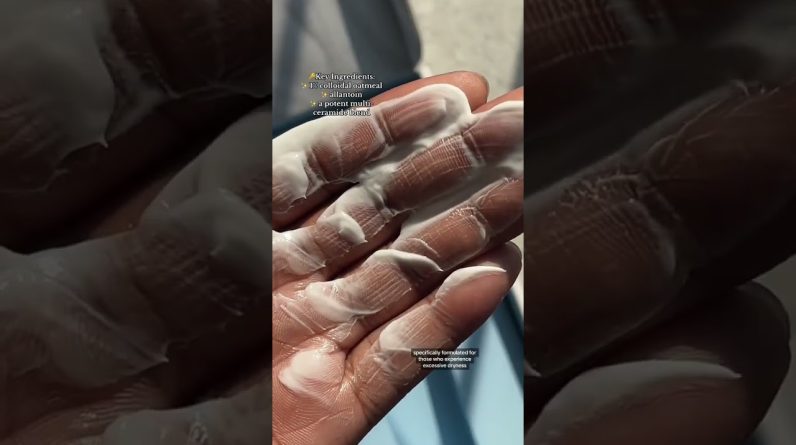in this video I well tell you Stomach Symptoms You Should Never Ignore
1. Blood in your stool
Whether it’s bright red, maroon or black, seeing blood in the toilet can be frightening. Fortunately, it’s usually not life-threatening, says Nicholas E. Anthony, M.D., a gastroenterologist at Atrium Health in Charlotte, North Carolina. The most common causes are hemorrhoids and anal fissures (tears in the lining of the anus). But blood in your stool can also be one of the first symptoms of colon cancer, especially if it’s accompanied by a change in your bowel habits or the shape of your stool. Since colon cancer is more common among those over age 50, it’s especially important for older adults to see a doctor without delay. Other possible causes of bleeding are colon polyps, inflammatory bowel disease, colitis and diverticulosis.
2. Severe cramps after eating
Severe cramping is a warning sign of a bowel obstruction — a serious condition that requires immediate medical treatment. It’s also a classic symptom of irritable bowel syndrome (IBS), a chronic digestion disorder that has been on the rise since the start of the COVID-19 pandemic. Experts aren’t sure how COVID-19 is linked to IBS, Spiegel says. It could be that the virus changes the gut microbiome or the lining of the intestinal system, triggering IBS. Or the boost in cases could be caused by pandemic-related stress and anxiety. Other IBS symptoms include abdominal pain (often related to bowel movements), bloating, gas, diarrhea or constipation.
3.Difficulty swallowing
If you feel like your food is getting stuck in your throat or it hurts as it’s going down, that can be a sign of something serious. “The big thing we worry about is esophageal cancer,” Anthony says. Esophageal cancer is more common in adults over 55 and three or four times more likely to occur in men than women, according to the Centers for Disease Control and Prevention. Other things that can cause discomfort when you swallow include an infection, an ulcer, a sore or scar tissue (which can develop if you have chronic acid reflux). In addition, a growing number of people are being diagnosed with eosinophilic esophagitis (EOE), a chronic allergic inflammatory disease that is a major cause of swallowing issues. To pinpoint the cause of your problem, your gastroenterologist will probably insert a tube with a camera attached to it down your throat in a procedure called an endoscopy.
💳 Video Clip Credit: 💳
🎁Storyblocks (I have a premium account )🎁
source







